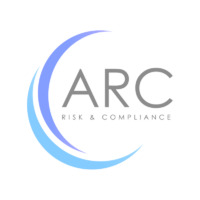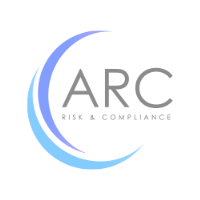This webinar will focus on the BSA reports and regulatory expectations including the requirements to file CTRs and SARs. Attendees will learn best practices to ensure AML compliance.
Why Should You Attend:
Real or perceived, over the last several years regulatory expectations have been heightened. What can we expect regarding Bank Secrecy Act (BSA) reporting expectations? The BSA requires that financial institutions have AML Programs that are “reasonably designed” to maintain appropriate records and file certain reports involving currency transactions and a financial institution’s customer relationships. Currency Transaction Reports (CTRs) and Suspicious Activity Reports (SARs) are the primary means used by banks to satisfy the requirements of the BSA.
This webinar will cover the Bank Secrecy Act (BSA) reporting expectations including requirements for CTRs and SARs.
Areas Covered in the Webinar:
- Purpose and evolution of the BSA
- Overview of BSA reports and requirements, including CTR’s and SAR’s
- Benefits and importance of BSA reporting to law enforcement
- Measuring regulatory expectations for BSA reporting
- The requirements to file CTRs and SARs
- Usefulness to law enforcement of both CTRs and SARs
- Usefulness to the bank of filing CTRs and SARs
- What can be done to focus the program or improve efficiency of the program – such as exempt customer lists, tuning and rationalization of rules/scenarios
- The importance and roll of a well-trained staff
Who Will Benefit:
- BSA/AML Officers
- Compliance Officers
- Chief Compliance Officers
- Sanctions Officers
- AML Analysts
- Risk Officers
- Chief Risk Officers
- Legal Departments Personnel
- Risk Managers
- CEO/Presidents at Banks
- Broker-Dealers
- Money Services Businesses and other non-bank financial institutions
Instructor Profile:
John Reynolds is a former Bank regulator, having retired from the NY Fed as an examining officer in the financial institution supervision group. Mr. Reynolds started out his career as an assistant bank examiner in 1979 working up through the ranks and has been involved in all facets of bank examination work at international, large complex institutions, regional, and community institutions. From 2009 until his retirement in 2015, he played a leadership role in the NY Fed’s Compliance examination work, where he guided teams of examiners reviewing institutions’ compliance with AML-BSA and OFAC regulations and laws.
Mr. Reynolds holds a BS in accounting from Fordham University and an MBA in International Finance from New York University.



